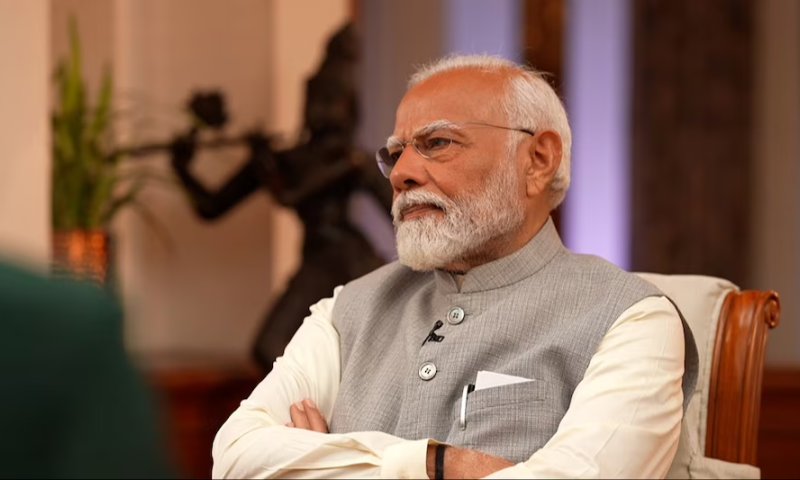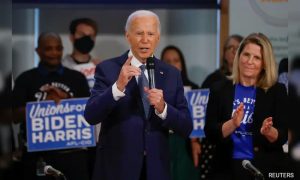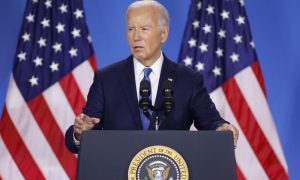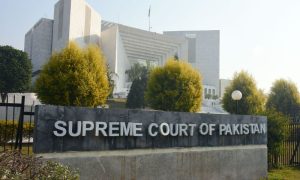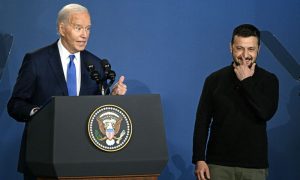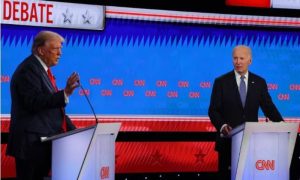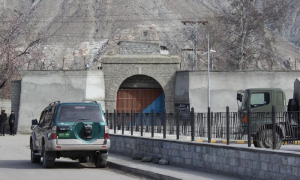NEW DELHI, India: India’s political landscape is witnessing a shift as Prime Minister Narendra Modi and the ruling Bharatiya Janata Party (BJP) face a newly invigorated opposition.
Shashi Tharoor, a senior leader of the Indian National Congress, highlighted the BJP’s discomfort following a powerful speech by opposition leader Rahul Gandhi, signaling a more assertive opposition presence in parliament for the first time in ten years.
The recent election results delivered a surprising setback to the BJP, stripping it of its parliamentary majority and forcing it to govern with a coalition. This change has opened new avenues for the opposition to challenge Modi’s agenda. In his maiden speech as the opposition leader, Gandhi accused the BJP of spreading violence and failing to create jobs, striking a chord both inside and outside parliament. His remarks were met with objections from several BJP leaders, including Modi, who criticized Gandhi’s behavior and labeled the Congress party as a “parasite.”
Tharoor emphasized that the opposition will leverage its increased strength to push for more substantive debates on critical issues such as high unemployment, rising living costs, ethnic violence in Manipur, and the India-China border dispute. He also expects more bills to be referred to standing committees for thorough consultation, rather than being hastily passed without proper discussion.
Despite the opposition’s resurgence, Modi’s BJP still holds a dominant position in India’s lower house, with 240 out of 543 seats. Key ministries remain under the control of Modi’s close confidantes, and the BJP retains the influential Speaker of the Lok Sabha post. However, the opposition’s expanded presence gives it a platform to present an alternative agenda more vocally.
Tharoor noted that the BJP’s ruling coalition appears stable for now, with smaller partners relying on the ruling party for financial support and electoral assistance. Nevertheless, he cautioned against assuming a five-year stable government, as political equations can change rapidly.
The BJP’s coalition partners, such as the Telugu Desam Party and the Janata Dal (United), are currently dependent on the BJP’s support for state-level matters. However, this alliance’s stability could be tested as political dynamics evolve.
Political scientist Sandeep Shastri observed that the opposition’s increased assertiveness is evident in both verbal and body language, reflecting a significant shift in the political discourse. The opposition’s newfound confidence and ability to challenge the ruling party mark a crucial moment in Indian politics.
BJP faces a formidable opposition that is prepared to hold the government accountable on various fronts. As India navigates this evolving political landscape, the coming months will reveal the extent to which the opposition can influence policy and challenge the ruling party’s dominance.









